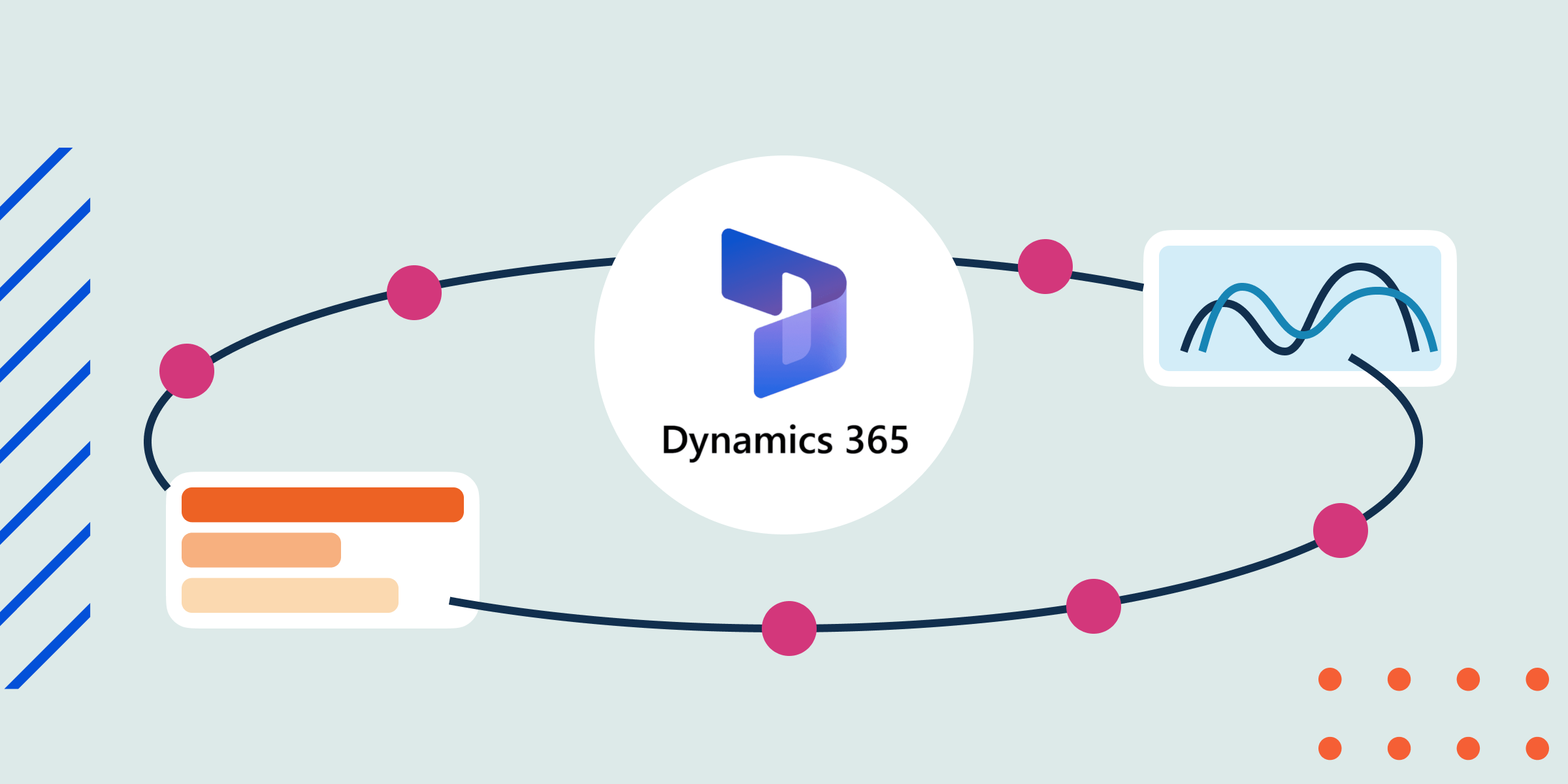What Is Contract Automation and Why You Need it

Let’s face it, doing paperwork, especially when it’s the same thing over and over again, isn’t fun. For companies with daily operations based on complex documents that need to be personalized for each customer – insurance policies, contracts, NDAs, quotes, invoices, and more – the process of manually creating these communications can be extremely tedious, not to mention time-consuming and error-prone. That’s where software that automates the creation and generation of business-critical documents comes in handy. In this article, we’ll delve into the world of contract automation and explore the benefits it can bring to your business.
[ez-toc]
The Challenges of a Manual Contract Generation Process
All too often, businesses stick to manual contract generation out of a fear to invest in a new solution or differ from what they’ve always done. And in doing so, they open themselves up to a slew of operational challenges, like the following:
- Delays: First and foremost, the manual contract generation process is extremely slow. It can take days or weeks to get a simple contract created, approved, and signed off on. This not only causes delays in getting deals closed but also puts a lot of pressure on the team members who are responsible for generating the contracts.
- Duplicated efforts: Many companies create contracts using word processing software like Microsoft Word or Google Docs. This means that each contract has to be created from scratch, which can lead to duplicated efforts and wasted time.
- Risk of error: Another big challenge with manual contract generation is the risk of error. With so many variables involved in the process – e.g., multiples languages, jurisdiction-specific clauses or warranties, negotiated discounts, etc. – it’s easy for things to get lost in the shuffle or for mistakes to be made. This can cause serious problems down the line, especially if the contract contains sensitive information.
Investing in a contract automation and management solution can help organizations to overcome these challenges and streamline the contract generation process.
What Is Contract Automation?
Contract automation is exactly what it sounds like – the automation of contracts. It refers to the process of using software to generate, manage, deliver, store, and e-sign contracts.
Contract automation solutions streamline the entire contract lifecycle, from creation to signature to storage. They can also automate tasks like contract renewals and expirations, so you don’t have to worry about them. This is increasingly important for organizations that need to manage hundreds or even thousands of contracts at a time.
Contract automation is an extremely unique technology that offers many features and benefits to those who use it. Here are some of the most notable.
Dynamic Templates
Dynamic templates are the core feature of contract generation software as they empower users to create and generate personalized, accurate contracts. In simple terms, a dynamic template is a master document framework that contains fields and section for page elements like header, footer, text, graphics, and style to be pulled and included via connections to enterprise data sources. With dynamic, data-driven templates, you can quickly create flexible and adaptable contracts without having to start from scratch each time.
Automated Workflows
Another feature of contract automation is that it can automate the manual tasks involved in the contract lifecycle. With automated workflows, you can set up your system once and then let your users run their contract workflows in self-service. This not only saves time but also ensures that things are done correctly and efficiently.
Data Source Integration
One of the most powerful features of contract generation software is data source integration. This allows you to pull data from multiple sources – like your CRM, ERP, CPQ, ECM, financial system, and more – and automatically populate it into your contracts. This eliminates the need for manual data entry, which can save you a lot of time and reduce the risk of error.
Collaboration and Review
Most contract automation solutions offer collaboration and review features. This allows multiple users to work on a contract at the same time, so you can get things done faster. It also allows you to keep track of who has reviewed and approved a contract, which can be helpful in the event of a dispute.
Version Control
Another important feature of a contract generation system is version control. This ensures the most recent version of a contract is stored and used, so you don’t have to worry about outdated versions causing problems, all while allowing selected users to go back to previous versions as needed.
e-Signature Delivery
Most contract automation solutions also offer e-signature delivery. This allows contracts to be signed electronically, in a secure environment, which is not only more convenient but also much faster than traditional methods.
Centralized Storage
Contract generation software offers centralized storage. This allows you to store all of your contracts in one place, so they’re easy to find and manage. It also helps to ensure that your contracts are backed up and secure, so you don’t have to worry about losing them.
How Contract Automation Works
Contract automation allows for a seamless process through which you can streamline the entire contract lifecycle, from creation to signature to storage.
Here’s a quick walkthrough of what a step-by-step contact generation process looks like:
1. Create Templates
The first step is to create templates for your contracts. You can build templates with approved corporate branding and standard text and add in dynamic fields and sections for variable data.
2. Populate Data
Once you have your templates, the next step is to populate them with data. You can do this by connecting your templates to your data sources – CRM, ERP, CPQ, ECM, etc. Triggering the contract generation process will automatically pull data and populate it into your contracts.
3. Get Approval
Once your contracts are populated with data, it is time to get approval. Relevant parties can be notified by email that contracts are waiting to be reviewed and approved. This is all done electronically, so there’s no need to print and red-line physical copies.
4. Send Contracts for e-Signing
Once your contracts are approved, the next step is to send them out for e-signing. This can be done using an e-signature tool that is part of a contract generation system, which will deliver the contracts electronically to all relevant parties in a single flow.
5. Archive Signed Documents Into a Content Management System
The final step is to store the signed documents into a centralized content management system. This ensures that your contracts are backed up and secure in one place, so you don’t have to worry about contracts saved on personal computers and the associated risks of security breaches.
Why You Need Contract Automation
Contract automation brings many benefits for both employees and businesses. Here’s a breakdown of the top benefits organizations can enjoy when using a contract generation software as part of their daily operations.
Increased Efficiency
Contract automation enables you to quickly and easily generate contracts – without the need for manual intervention. This not only saves time but also allows your employees to focus on more productive tasks.
Improved Accuracy
A contract generation system features dynamic templates and integration to enterprise data sources to ensure your documents include accurate information, content and branding. This reduces the risk of error and improves the overall quality of your contracts.
Reduced Costs
Contract automation can help to reduce the costs associated with manual contract creation and management. This is due to the fact that automation streamlines and expedites this process, freeing employees from hours of repetitive tasks. It also reduces the risk of errors and reworks, which often results in costly delays and loss of business.
Improved Customer Experience
Contract automation can help to improve the customer experience by providing a more efficient and accurate contract generation process. This reduces the overall time it takes to generate and deliver a contract that is perfectly tailored to each customer’s unique situation – making the process simpler and smoother for all parties involved.
Increased Agility
Contract generation software enables you to quickly adapt to changing business needs. This is due to the fact that it is a flexible system that can scale along with your business as requirements evolve with growth.
Customers Empowered with Contract Generation Software
The following use cases are two great examples of the real-world results contract generation system is bringing to organizations leveraging it.
Use Case #1: Luminus Accelerates Mobile Contract Generation Through CRM
Prior to implementing a contract automation solution, Luminus sales representatives were devoting a full day per week to manually creating contracts for partners. This was a time-consuming and error-prone process, which often resulted in delays.
Luminus decided to implement a contract automation solution that would allow them to generate contracts directly from their CRM, at their partners’ site. This enabled Luminus to accelerate their contract generation process, improve data accuracy and close deals faster, resulting in increased efficiency and customer experience.
Contract automation helped Luminus:
- Accelerate document processes
- Improve customer experience
- Increase efficiency
Use Case #2: Oxford Embraces System Modernization for Efficient Document Generation
Processing highly complex leasing documents, Oxford Properties Group was at quite a challenge. The organization had an antiquated system in place that was difficult to use, which often resulted in errors. They knew they needed to find a better way to support their growing business.
Oxford implemented a contract automation solution that allowed them to quickly and easily generate complex leases based on dynamic, data-driven templates. This not only saved time but also ensured that their documents were accurate. As a result, Oxford was able to modernize their system, streamline their contract generation process, increase efficiency, and decreased costs associated with document management.
Contract automation helped Oxford:
- Reduce lease document versions by 80%
- Reduce dependence on IT resources
- Increase efficiency
Choose a Software That Meets Your Contract Generation Needs and More
If you’re in search of a tool that will allow you to reap the benefits of contract automation, look no further. We offer a complete solution that covers everything – whether you need to create simple or complex document templates, capture customer information and data, store and manage enterprise content, electronically sign documents, and generate documents through automated flows.
Our solution is flexible, which means it can be tailored to fit the specific needs of your business. To solve your contract automation challenges, Experlogix Document Automation might just be the answer you are looking for.



